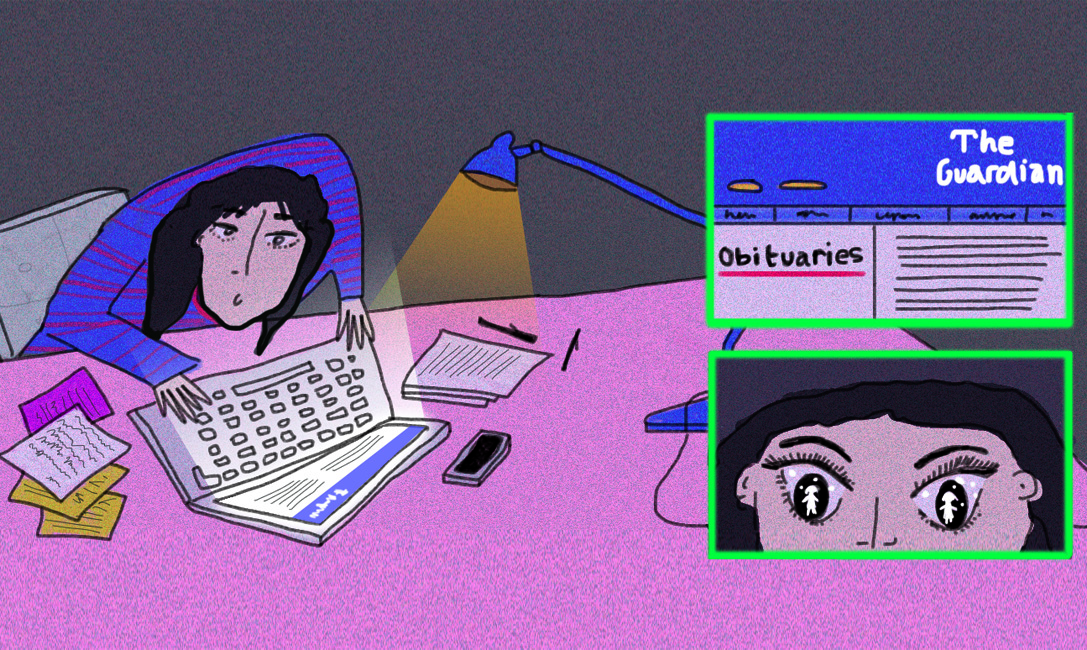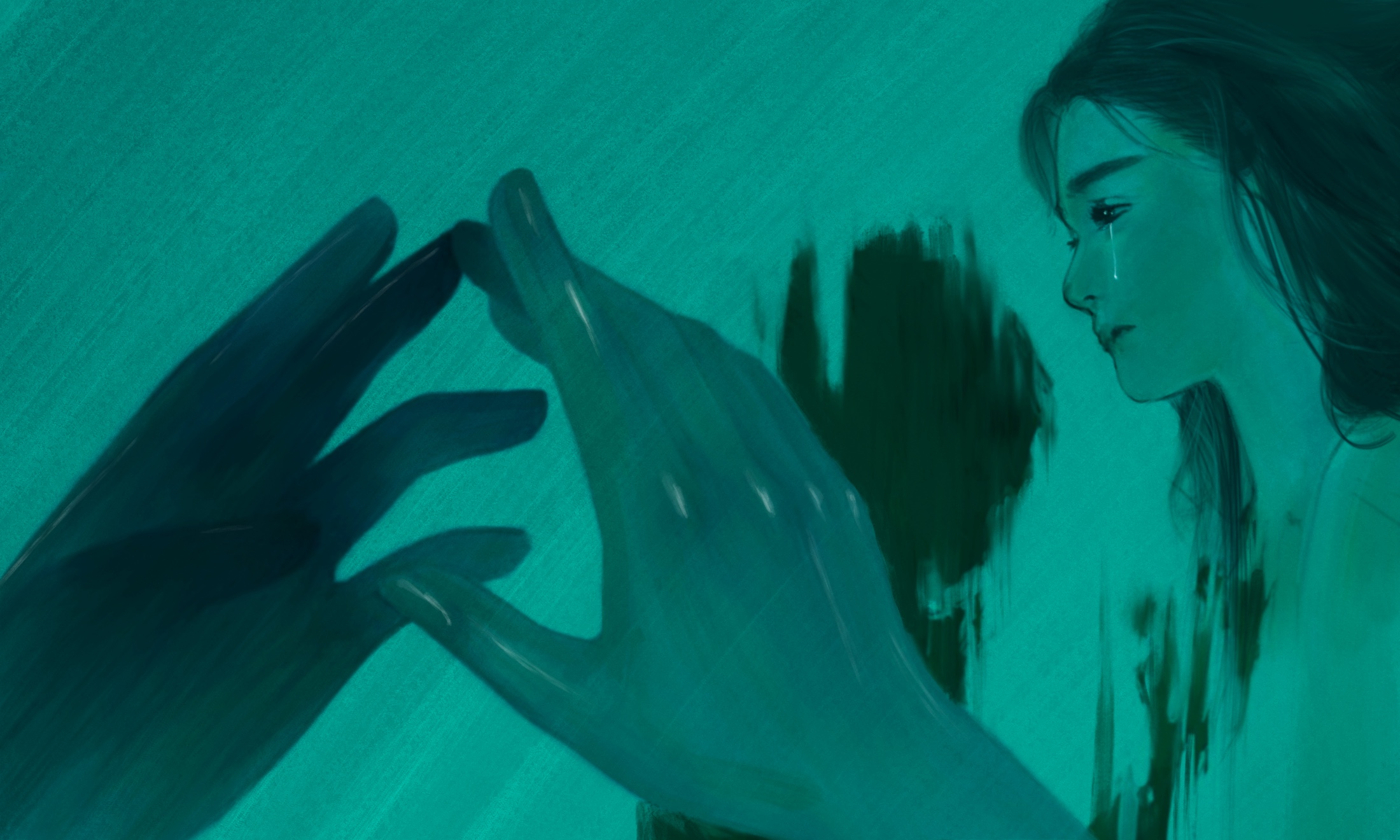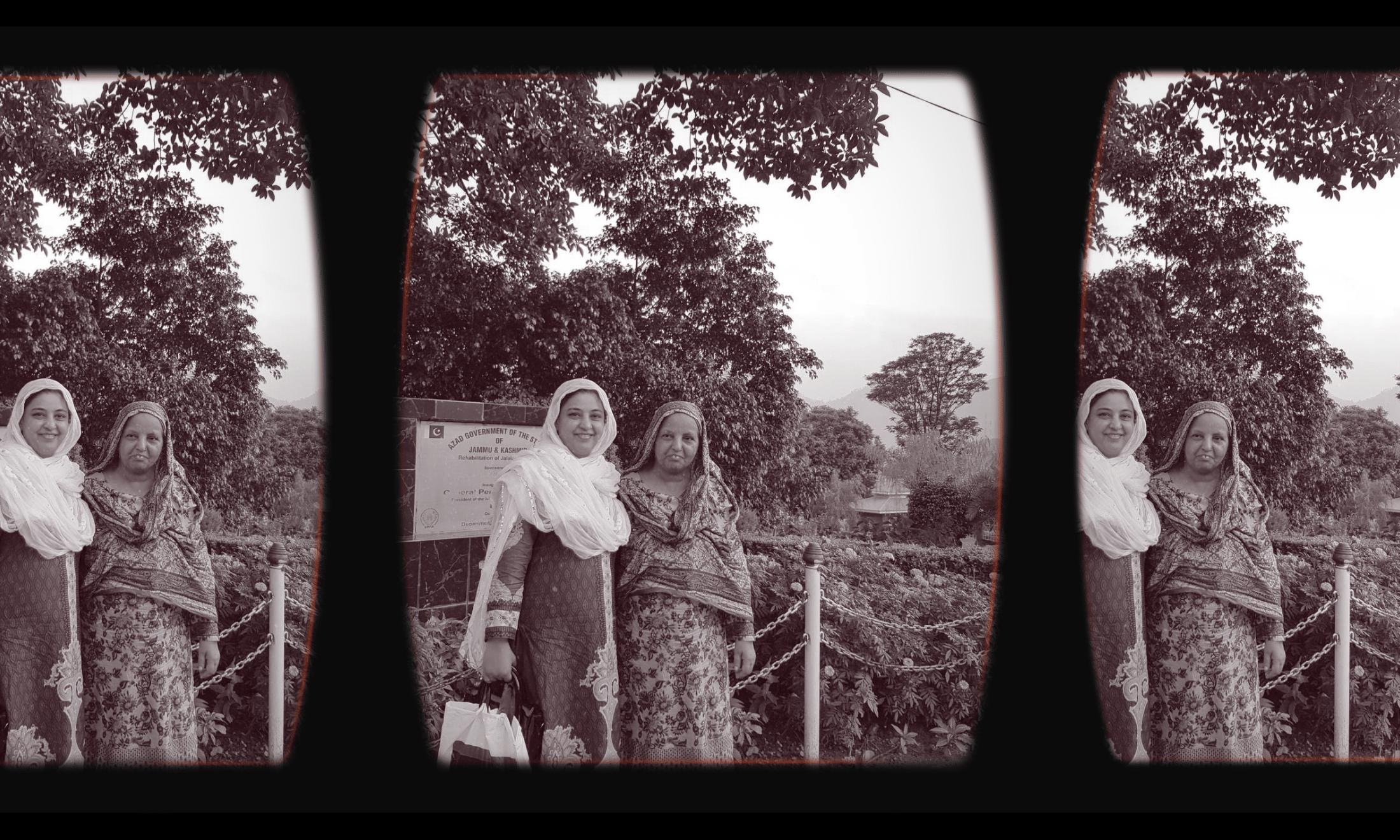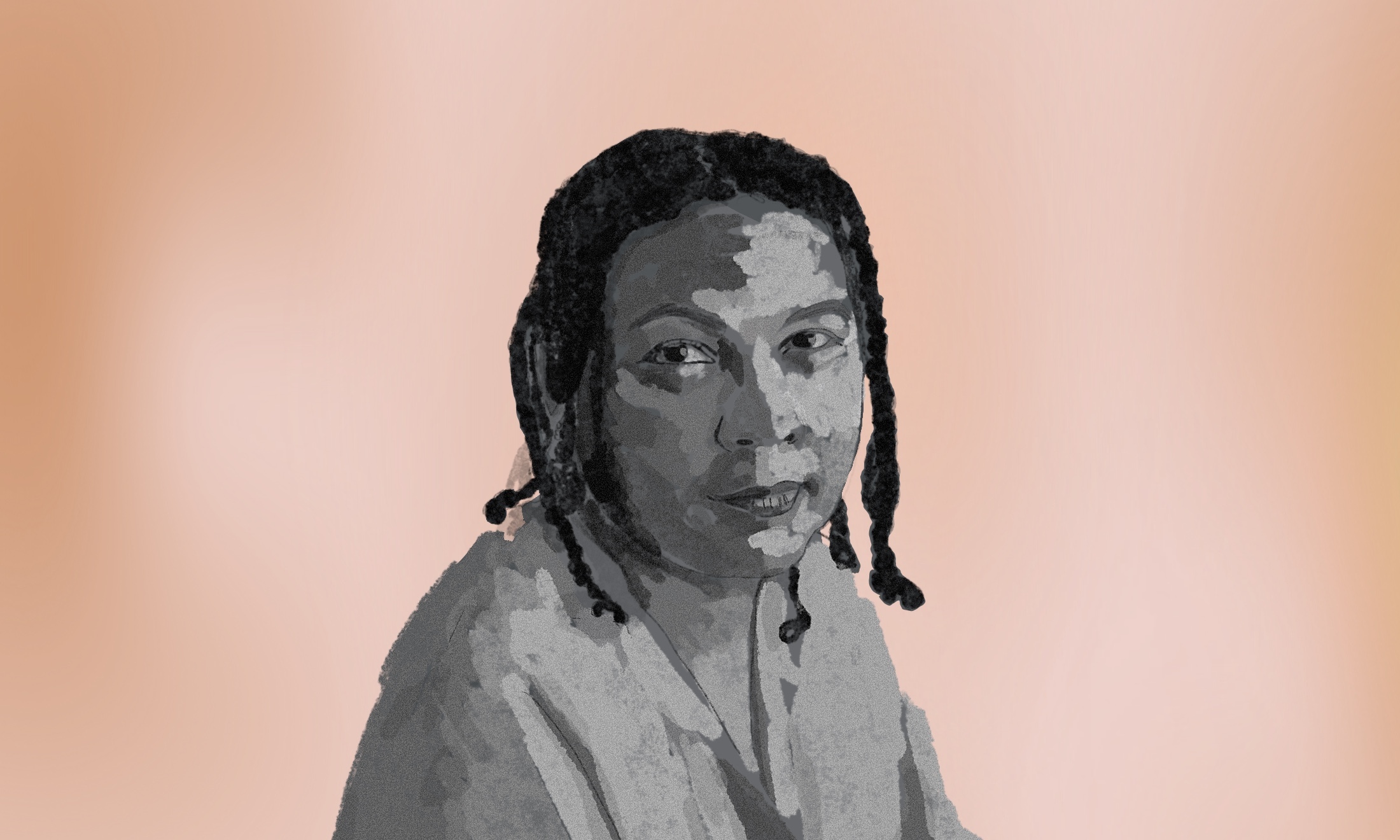
Serina Kitazono
Discovering my mother through her obituary
Faye Saulsbury tracked down the person who wrote about her mother’s death 14 years ago, but did she find the closure she expected?
Faye Saulsbury
18 Nov 2020
I got off the tube at Old Street station, on my way to meet a man who’d known my mother almost 20 years ago. It was winter, but it wasn’t the cold that was making me shaky.
I was worried that he’d be too old to remember my mum. I was worried that I should have worn something nicer than jeans. I was worried that I wouldn’t like the restaurant – he’d chosen it, after asking for my suggestions and then turning all of them down.
More than anything, I was worried we would be mismatched strangers sitting opposite each other at a table for two, and that neither of us would have anything to say.
“It was a cutting reminder that I hardly know my mother at all”
A month earlier, I’d become lost in the deep tunnels of the internet. I’d clicked through the useless yet irresistible gossip columns and was absent-mindedly Googling myself when I found something genuinely compelling – a trace of a family member I’d never had the chance to know.
It was an obituary for my mother, published in The Guardian.
Excited and shocked, it took me a number of attempts to read it properly. I couldn’t believe I’d never come across it before.
Mum died 14 years ago; I’ve lived twice as many years without her as I did with her. Reading the obituary, I discovered that before I was born, she conducted research into racial profiling and police stop and search powers. She had an MSc from Imperial College, London. She offered advice on statistical analysis to her own doctors, even as she was dying.
It was a cutting reminder that I hardly know my mother at all. Strangely, though, I didn’t feel sad. That fact has been true all my life. Instead, I felt a warm pride that I was the “daughter, Faye” noted at the bottom.
I did not recognise the name of the author, and over the next few days, it became imperative that I find out who he was. He was not a family friend, nor had he been mentioned in dinnertime conversation.
The Guardian’s obituaries desk couldn’t help; they’d had a system upgrade just months after the article was published. Knowing my usual luck, I shouldn’t have been surprised.
The man I was looking for had an exceptionally common British name, and the internet threw at me a dozen profiles which fit in terms of age and profession. I fervently worked through the 100-word biographies of journalists, civil servants, social workers and academics – eventually selecting three to email. Impressed with my sleuthing, I hit send.
“I won’t forget my excitement when I first stumbled across Mum’s obituary, or when I received an email from a stranger’s secretary telling me her boss had indeed written it”
So, I found myself at Old Street, having dinner with a white haired criminologist from Sheffield: the author of Mum’s obituary.
I don’t know what I was imagining he would tell me, and I was disappointed to learn that he and Mum were not particularly close; just colleagues at work. He didn’t tell me that she was a singular, remarkable woman. He didn’t tell me that she’d be proud of me. He didn’t tell me that everybody missed her. If I was expecting revelations, I certainly did not get them. In fact, I have now forgotten most of the things he said.
What I won’t forget is that I met him. I won’t forget my excitement when I first stumbled across Mum’s obituary, or when I received an email from a stranger’s secretary telling me her boss had indeed written it. I won’t forget the prickly trepidation.
“I can’t remember the sound of her voice or any of her mannerisms, how she walked, or what things made her laugh”
When talking about grief, the word “closure” is thrown around a lot. If ever there was a perfect story arc – compelling mystery, frenzied investigation, underwhelming conclusion – then mine surely hits the mark.
But it left me convinced that closure doesn’t exist. Health professionals spin that tale to give us hope that the sharpness and the sadness of grief will go. And the sharpness and the sadness will go. But grief itself never does.
“Carole gave others the confidence to make the right decision and that was why her influence looked so effortless,” the man once wrote of my mother in The Guardian.
I can’t remember the sound of her voice or any of her mannerisms, how she walked, or what things made her laugh. But despite having almost no memories to remember, I think about her every day. Her influence on me, it seems, is still effortless. Mothers have a way of doing that – of guiding us – even when they’re no longer holding our hands.
It was comforting to realise that. “It’s okay to be not okay!” holler the Instagram posts, every November. What they don’t say is that it’s also okay to feel nothing at all. Grief comes in many forms; it hits different every year.
The only thing that’s certain is that it’s there, every year. Grief is long, if it ends at all. But I have found, fortunately, that it is not always sad.









